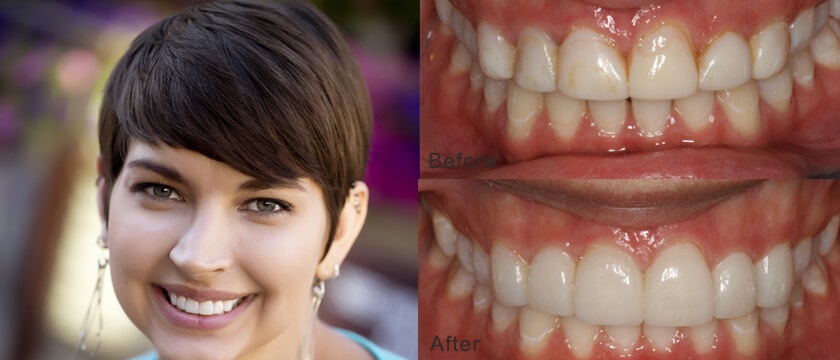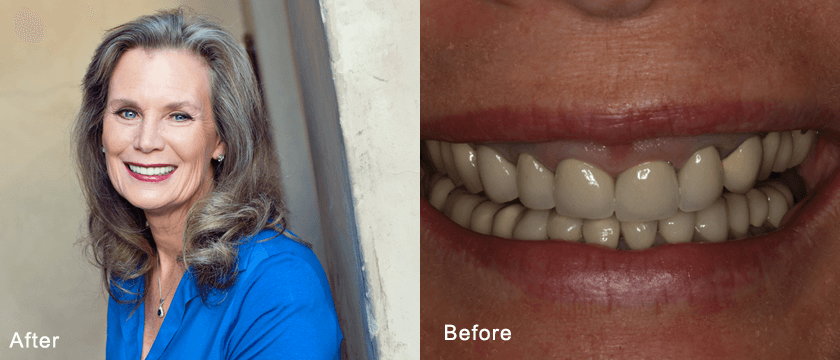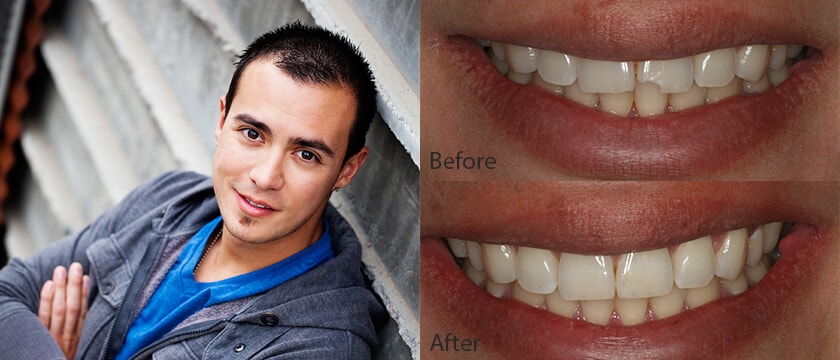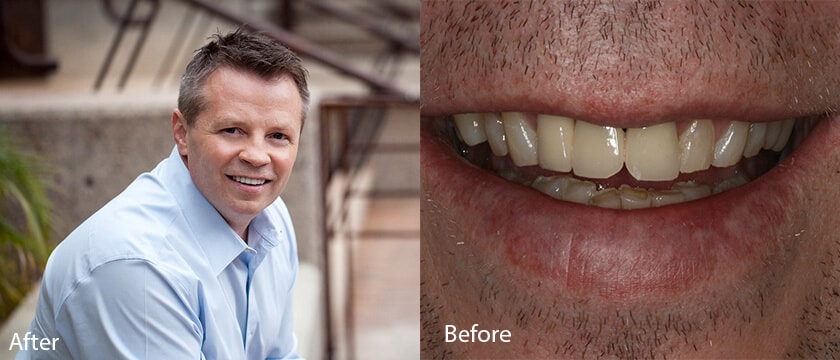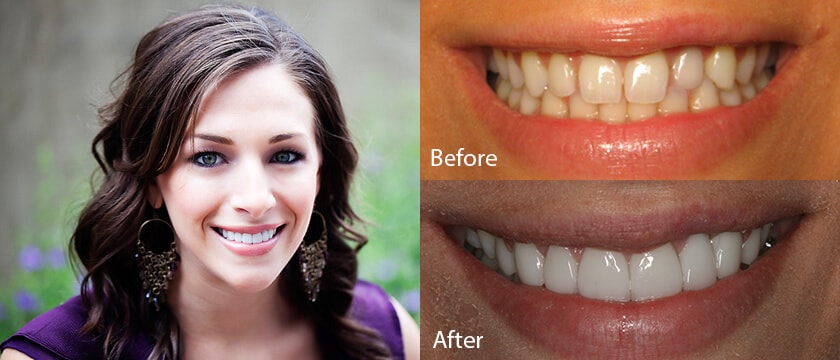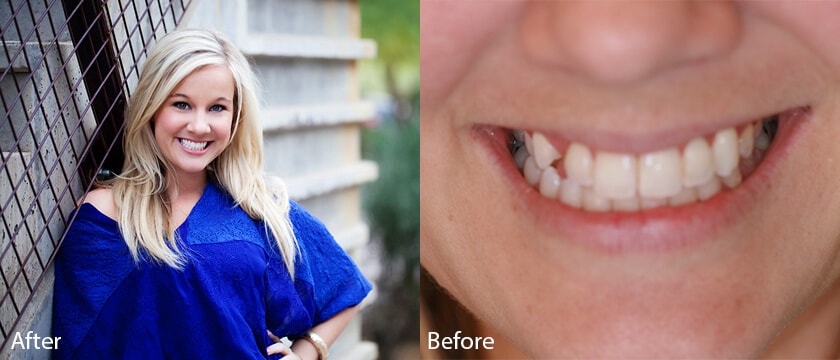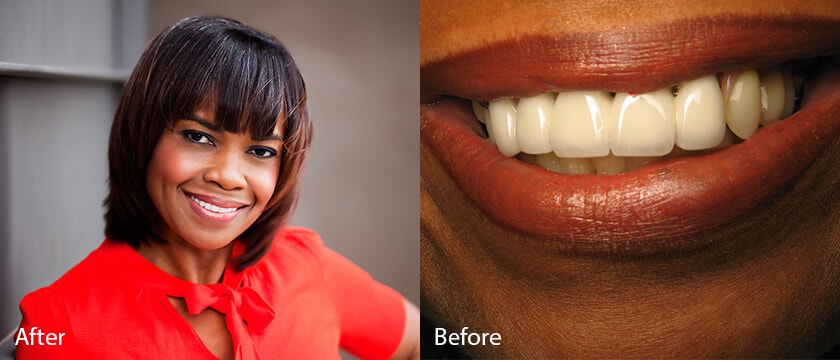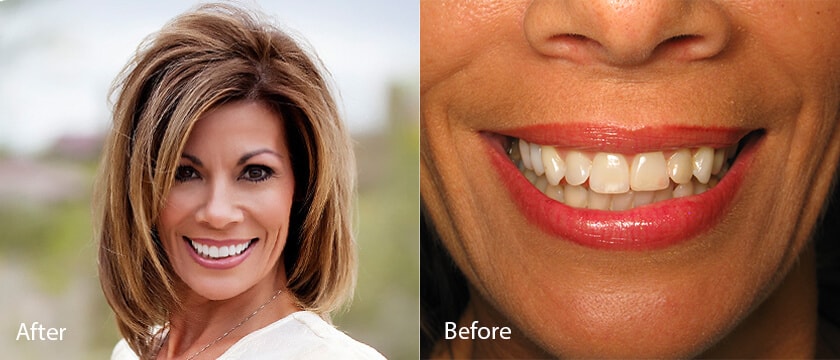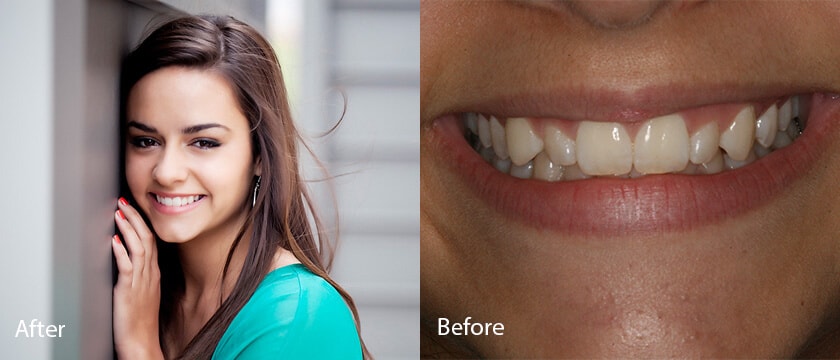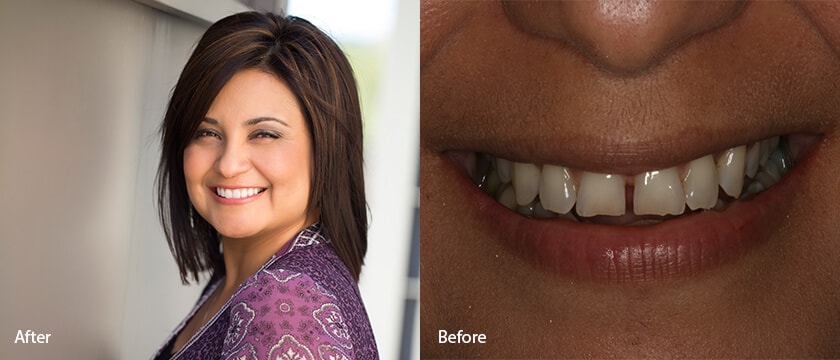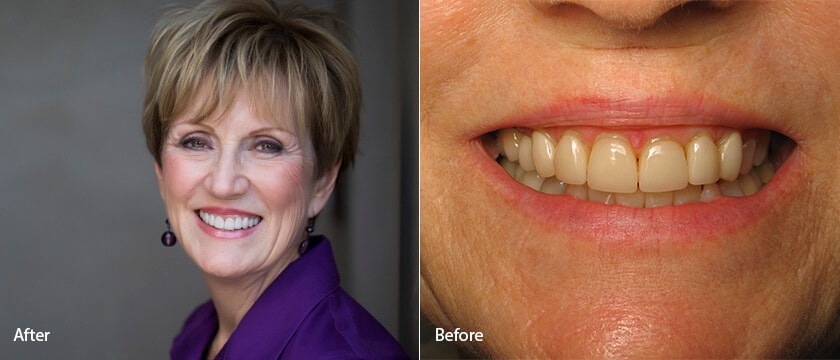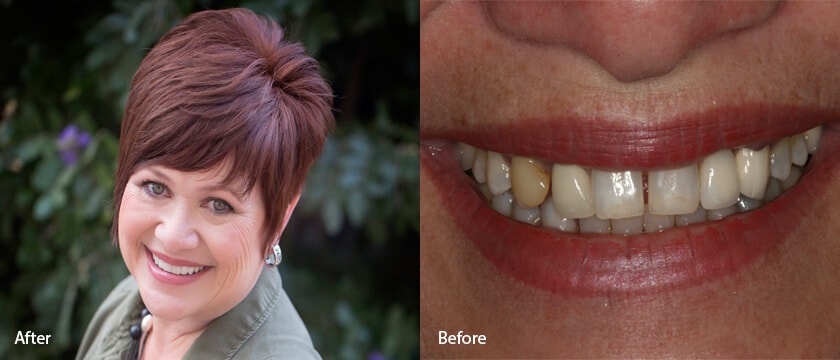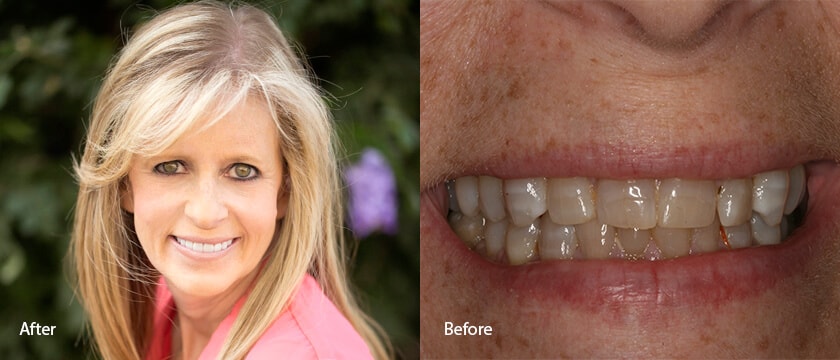We have the skills and tools to ensure early signs and symptoms of oral cancer and pre-cancerous conditions are identified. While these symptoms may be caused by other, less serious problems, it is very important to visit our office to rule out the possibility of oral cancer. The most common symptoms of oral cancer include:
- Red or white spots or sores anywhere in the oral cavity
- A sore that bleeds easily or does not heal
- A lump, thickening, or rough spot
- Pain, tenderness, or numbness anywhere in the mouth or on the lips
- Difficulty chewing, swallowing, speaking, or moving the jaw or tongue
Our team is trained in a simple, quick screening that involves an examination of your oral cavity as a whole (not just your teeth) to detect cancerous and precancerous conditions. Besides a visual examination of your mouth, we will also feel the tissue of your mouth and throat to detect any abnormalities. If we find an area of concern, we may perform a simple test, such as a brush test, which collects cells from a suspicious lesion in the mouth to be sent to a laboratory for analysis. If this test comes back atypical or positive, we may recommend a biopsy.
Aside from receiving an oral cancer screening during your checkup at our office, there are many things you can do to help prevent oral cancer.
- The best way to prevent oral cancer is to avoid all tobacco products and only drink alcohol in moderation.
- Maintain a healthy, balanced diet.
- Limit your exposure to the sun and always wear UV-A/B-blocking, sun-protective lotions on your skin as well as your lips.
- During your next dental appointment, ask your dentist to perform an oral exam. Early detection of oral cancer can improve the chance of successful treatment.
The Facts on Oral Cancer
Oral cancer can develop at any age, but the average age for new cases is 62, with two-thirds being age 55 or over. Men tend to develop oral cancer twice as often as women, although this may be connected to the fact that men tend to be more likely to use alcohol and tobacco products.
Risk factors for oral cancer include any constant or long-term irritants of the soft tissues of the mouth. This can mean tobacco products, such as cigars, cigarettes, and “dip,” but it can also include e-cigarettes and vaporizers, since they contain irritants, such as nicotine. Excessive use of alcohol is also extremely irritating to the mouth, as well. About 80% of oral cancer patients use tobacco products and about 70% are heavy drinkers. It’s even possible that mouthwash with high alcohol content or poorly fitting dentures may have a link to the mouth irritation that leads to oral cancers.
Immuno-suppressive drugs can also increase the risk of oral cancer. If a member of your family takes this type of medication to treat an immune system disorder or prevent rejection of a transplanted organ, be sure he or she gets an oral cancer screening at every six-month dental appointment.
You have probably heard of the human papillomavirus (HPV), which is known to cause cervical cancer in women. HPV actually contains a group of about 100 viruses. Some cause warts, and some cause cancers. Recent studies have discovered a link between HPV-16 and oropharyngeal cancer—and about 25% of oral cancer patients have the same virus known to cause cervical cancer. You can do your part to prevent oral cancers from HPV infection in the next generation by vaccinating your children between the ages of 11 and 26 years.
For More Information, visit:
American Dental Association (ADA) Oral Cancer
Cancer Treatment Centers of America: Oral Cancer Risk Factors





